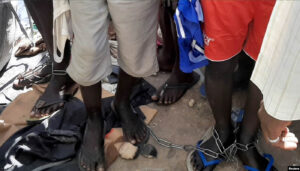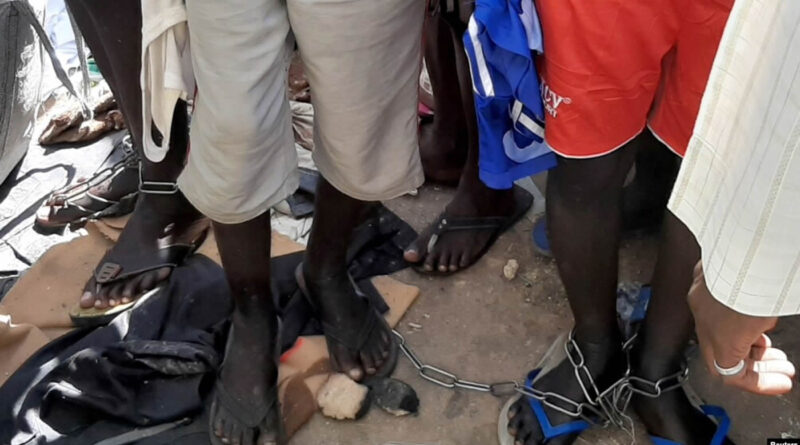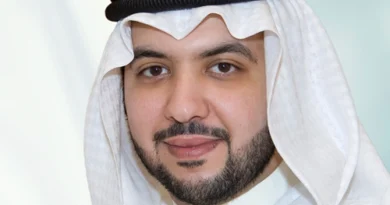Prisoners of Faith: Inside Nigeria’s Deliverance Homes of Starvation and Abuse
 Prisoners of Faith: Inside Nigeria’s Deliverance Homes of Starvation and Abuse
Prisoners of Faith: Inside Nigeria’s Deliverance Homes of Starvation and Abuse
Across Nigeria, a growing number of religious “healing homes” run by churches and mosques have become informal psychiatric centers. Families send relatives battling mental illness, chronic diseases, or spiritual fears to these places, hoping for miracles. But behind the veil of prayer and healing, many of these centers are unregulated and dangerous.
Inside their walls, vulnerable people are subjected to starvation, beating, emotional abuse, and unlawful confinement. With no medical oversight and little government monitoring, deliverance homes are quietly feeding Nigeria’s mental health crisis.
Marvis (surname withheld), a 22-year-old cleaner from Rivers State, knows this pain firsthand. She was four months pregnant when she was taken to a prayer house in 2020. What followed was an ordeal of starvation and humiliation.
“The Prophet said I was married to a spiritual husband who was making love to me in the dream, and that he was the one who got me pregnant,” she recalled.
“For 11 days, I was tied to a post and given only water. The only solid food I got was leftovers from the Prophet’s table. I was beaten, starved, and treated like an animal in the name of deliverance.”
ALSO READ: The Evolving Role of PR in the Digital Age
Her troubles began when she noticed her stomach growing during the pandemic. She insisted she had not been sexually active, but whispers spread in her community. Her mother, confused and desperate, sought explanations.
After collapsing one day and being rushed to a hospital, Marvis was told she was pregnant. Unable to explain how it happened, her father’s relatives claimed it was “spiritual.” Soon after, her aunt arranged for her to be taken to a prayer camp in Abalamabie.
Marvis’ younger brother still remembers the day she disappeared.
“My mother couldn’t do much because my father’s family supported Aunty Nene,” he said. “They told us my sister was taken to a place where she would ‘get herself back.’ She was pregnant and weak, but they still forced her into that camp.”
When he eventually saw her, he knew she would not survive much longer.
“The day I visited, I knew my sister would not last another week. I had to call a cousin who is a lawyer in Abuja to intervene.”
Marvis’ story is one of many in Nigeria, where religious deliverance homes continue to thrive in the shadows. With no formal regulation, these centers blur the line between faith and abuse, exploiting fear, culture, and a broken mental health system.
Content Credit: Moyosola Oni
Image Credit: Google Search .Com




